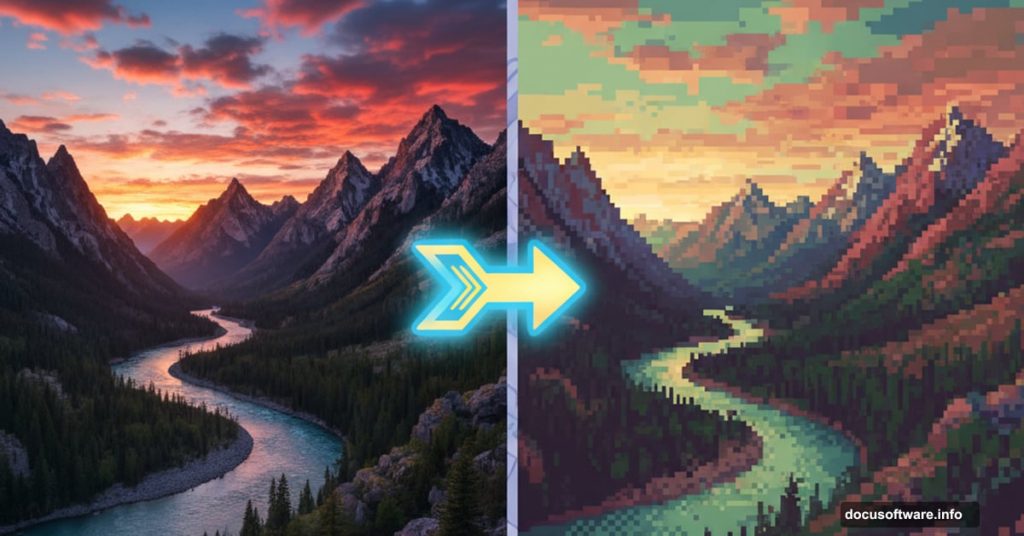Remember the chunky, colorful graphics from classic Nintendo games? Now you can recreate that nostalgic aesthetic in Photoshop without tedious manual work.
SparkleStock just released Photoshop actions that transform modern photos into authentic-looking pixel art. Plus, unlike Photoshop’s basic Mosaic filter, these actions organize pixels with patterns that actually resemble vintage game graphics. The difference shows immediately.
Why These Actions Beat Manual Pixelation
Photoshop’s built-in Mosaic filter creates blocky effects. But it lacks the sophisticated dithering patterns that defined 8-bit and 16-bit game art. Those patterns gave classic games their distinctive look despite severe color limitations.
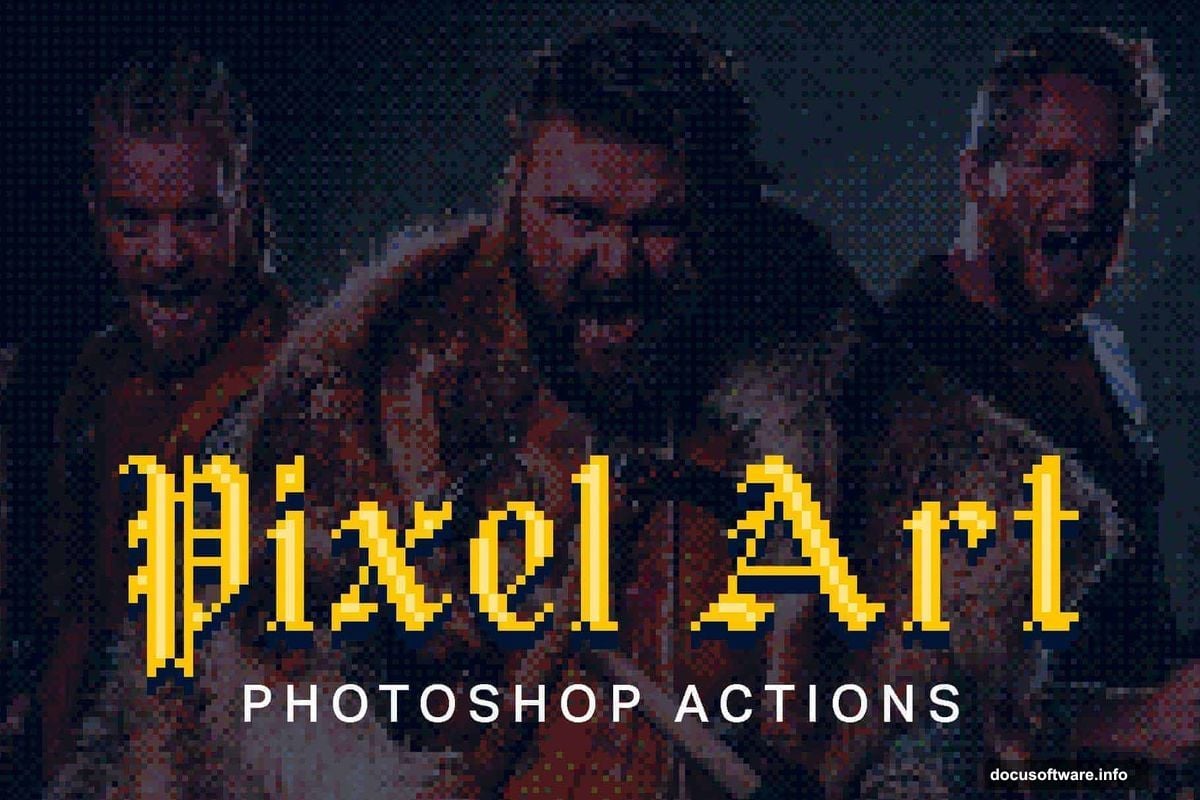
These actions replicate those patterns automatically. So you get results that look like they came from an actual retro console. The free version includes 6 actions split between color and black-and-white outputs.
Moreover, the Pro upgrade adds 21 total actions. Two specifically emulate the Nintendo Entertainment System and Game Boy color palettes. That means authentic NES red-orange hues and Game Boy’s signature green tints.
Free Version Gets You Started
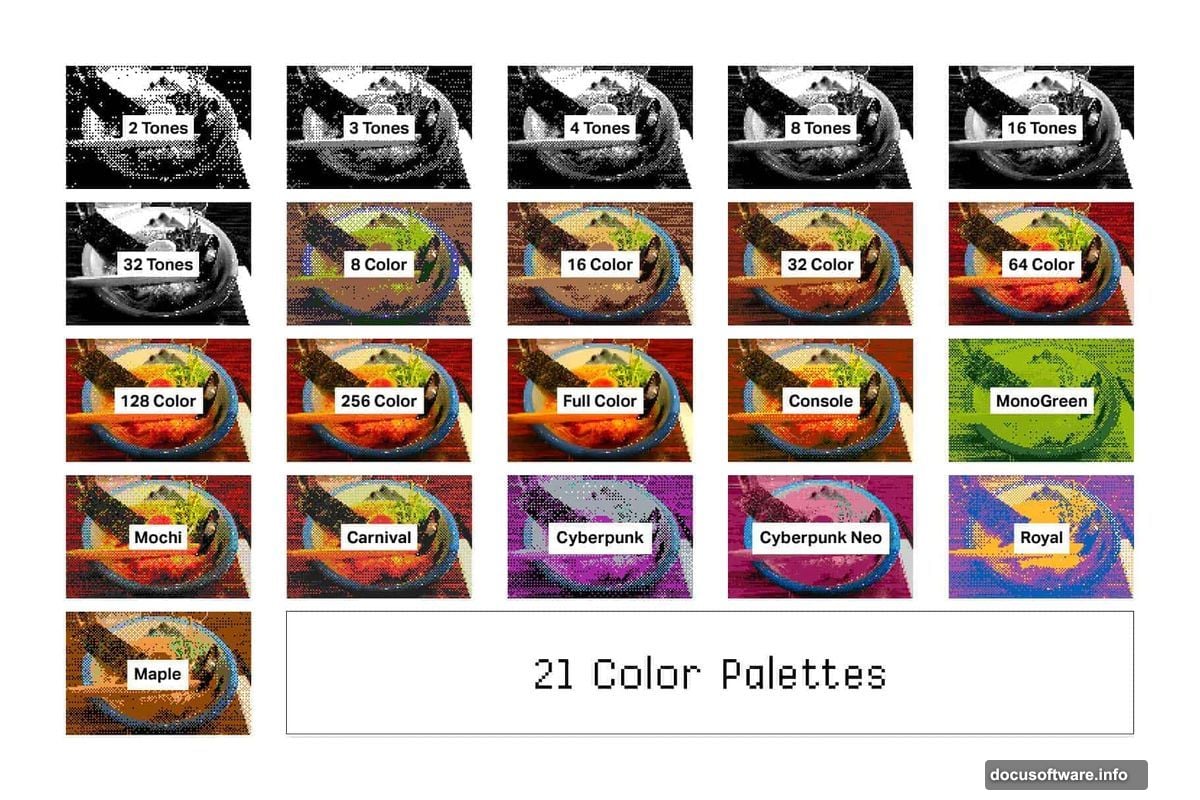
The free download gives you enough to experiment with pixel art effects. You get 3 black-and-white actions and 3 color actions. That’s plenty for testing whether this style fits your project.
However, the free version skips the stylized variations. Those include the console-specific palettes and alternative dithering patterns. Still, six free actions beat manual pixelation every time.
One important note: You’ll need Photoshop CC to run these actions. Older versions won’t work. Adobe’s subscription model makes CC common now. But check your version before downloading.
Pro Version Adds Console-Specific Styles
The Pro upgrade expands your options significantly. You get 7 black-and-white actions instead of 3. Color actions jump from 3 to 7. Plus, you gain 8 stylized actions including those NES and Game Boy emulations.
Those console-specific actions nail the authentic look. The NES palette uses that distinctive limited color range from 1985. Game Boy actions recreate the original greenish monochrome screen. Both take you straight back to childhood gaming sessions.
The stylized actions also include variations on dithering intensity. Some create tighter pixel clusters. Others spread them out for different visual effects. So you can fine-tune results to match your creative vision.
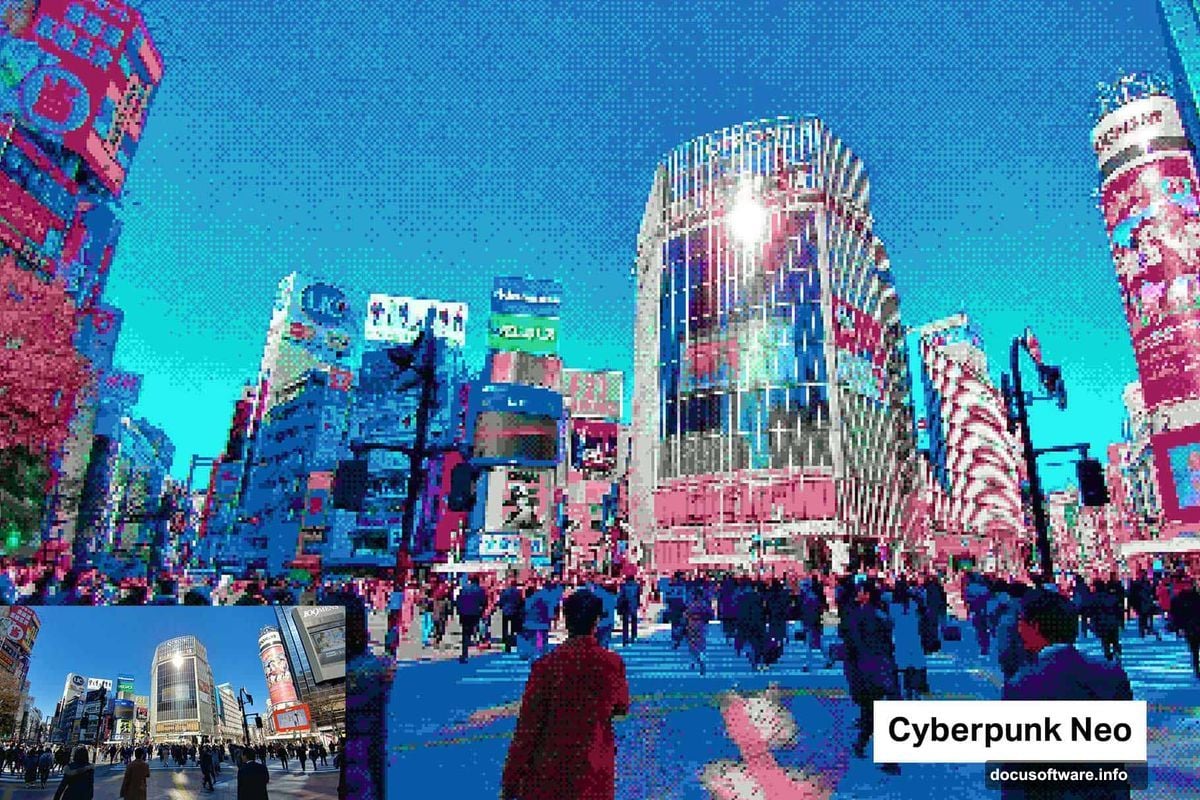
Real Pixel Art Includes Dithering
Here’s what makes these actions special: proper dithering. Classic game artists used dithering patterns to simulate colors and shading they couldn’t create directly. Hardware limitations forced creative solutions.
These patterns became iconic. They define the aesthetic we now associate with retro gaming. Modern pixel art often includes intentional dithering as homage to that era.
The actions replicate various dithering techniques automatically. You don’t need to understand the technical details. Just run the action and watch your photo transform into authentic-looking pixel art complete with appropriate pattern work.
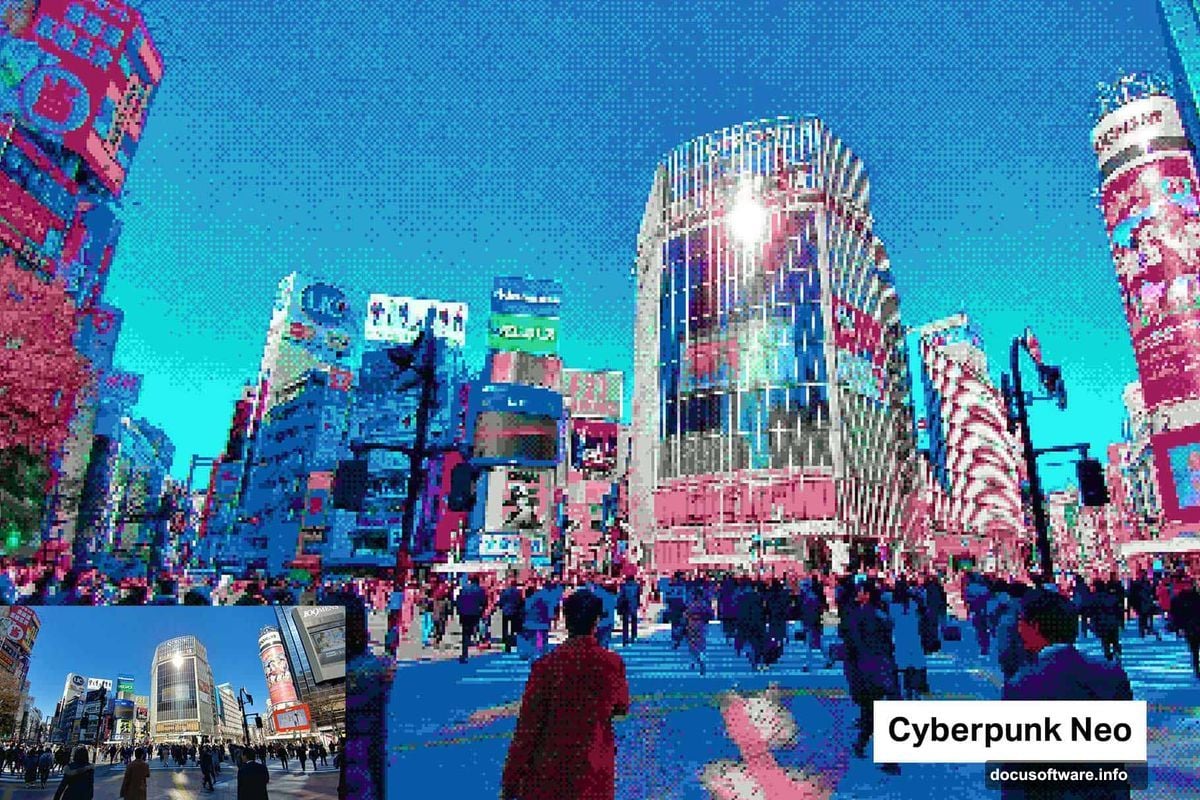
Simple Workflow for Quick Results
Using these actions takes seconds. Load your photo in Photoshop CC. Open the Actions panel. Click your chosen pixel art action. Then let Photoshop process the image.
The actions handle everything automatically. They analyze your image, apply appropriate pixelation, add dithering patterns, and adjust colors to match the selected style. You can then tweak the results if needed.
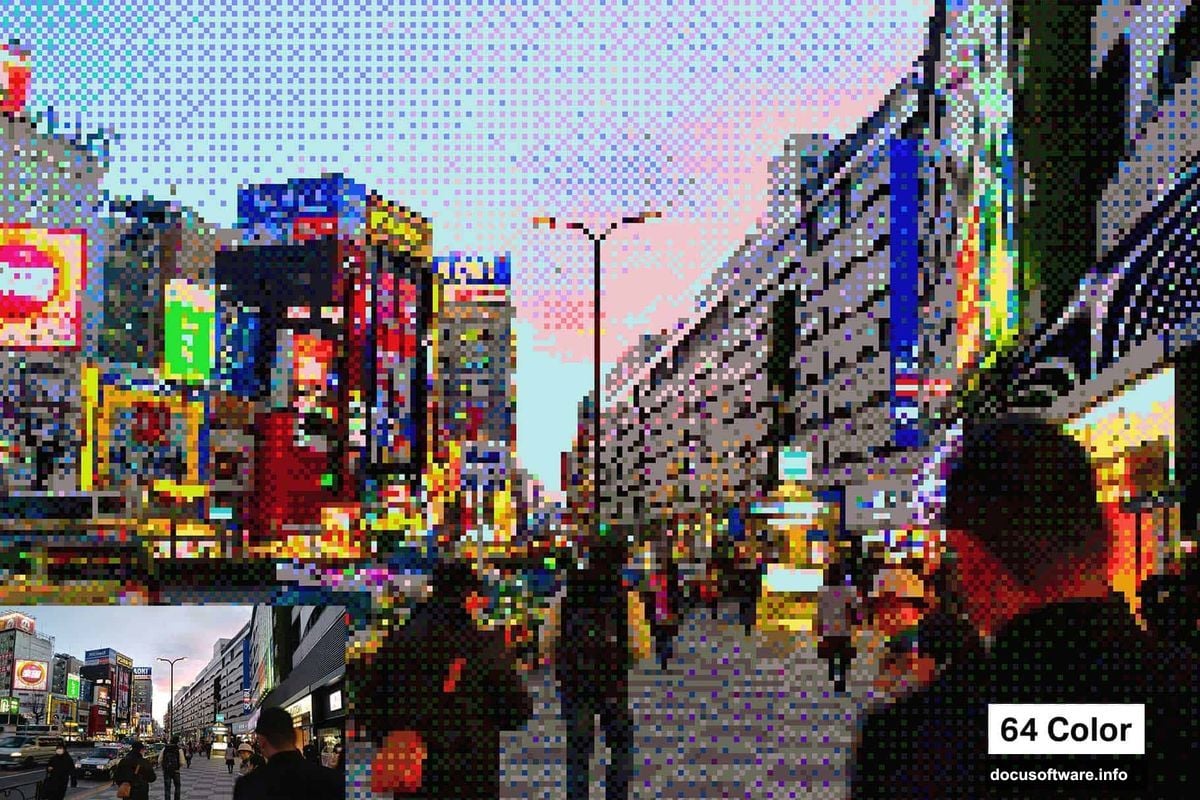
For best results, start with high-contrast images. Clear subjects work better than busy backgrounds. Simple compositions pixelate more cleanably than complex scenes with lots of detail.
When Pixel Art Actually Works
Not every project needs pixel art. But certain applications benefit from that retro aesthetic. Game developers creating throwback titles obviously need authentic-looking graphics. Indie games frequently use pixel art for budgetary and stylistic reasons.
Marketing materials targeting millennial audiences often incorporate nostalgic elements. Pixel art triggers memories of childhood gaming. That emotional connection can strengthen brand messaging.
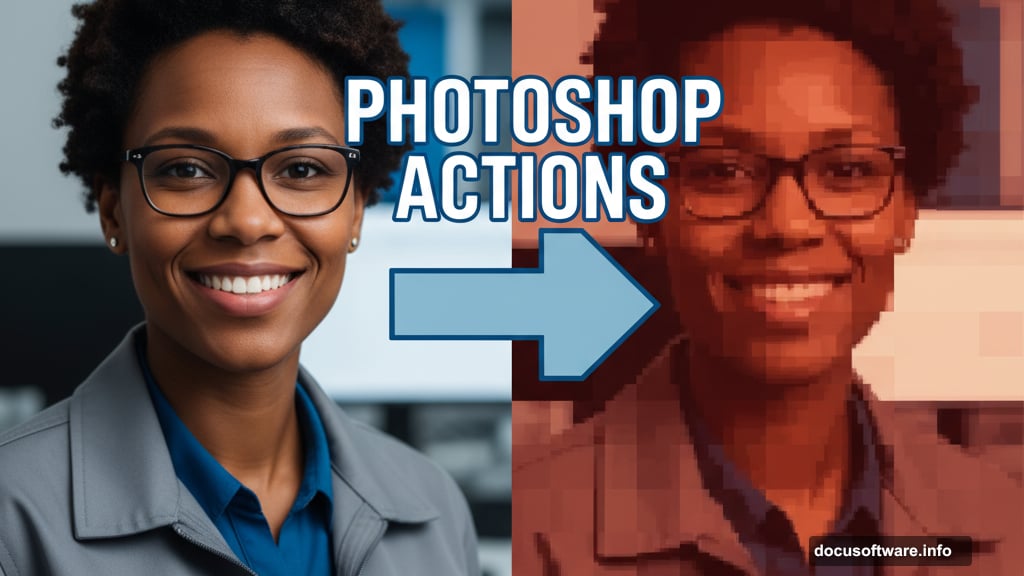
Social media content also works well in pixel art style. The distinctive look grabs attention in crowded feeds. Plus, the nostalgic vibe encourages shares among audiences who grew up gaming.
Even modern UI design sometimes incorporates pixel art elements. Retro-styled interfaces appeal to specific demographics. These actions let designers quickly mock up concepts without hiring specialized pixel artists.
Worth the Download
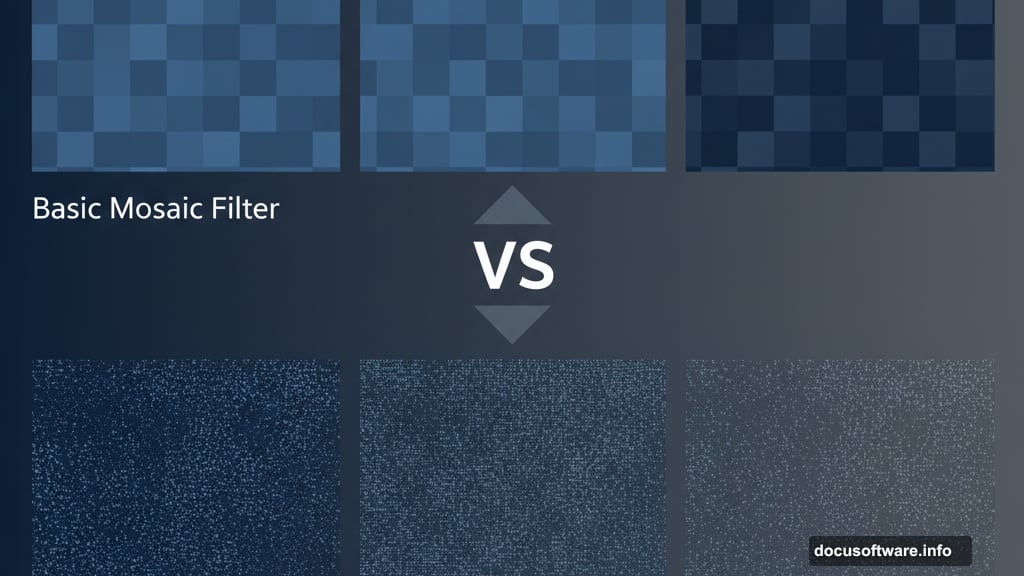
The free version alone justifies the download. Six actions covering basic color and monochrome conversions give you solid options. You can create authentic-looking pixel art in seconds instead of hours.
Pro users who frequently need pixel art effects should consider upgrading. The console-specific palettes and additional stylized options expand creative possibilities significantly. Twenty-one actions provide serious versatility.
Either way, these actions beat manual pixelation by miles. They understand the aesthetic they’re recreating. That expertise shows in the final results.
Download the free version. Test it on a few images. See if pixel art fits your workflow. The actions might unlock creative directions you hadn’t considered. Plus, they’re just fun to experiment with even without a specific project in mind.
